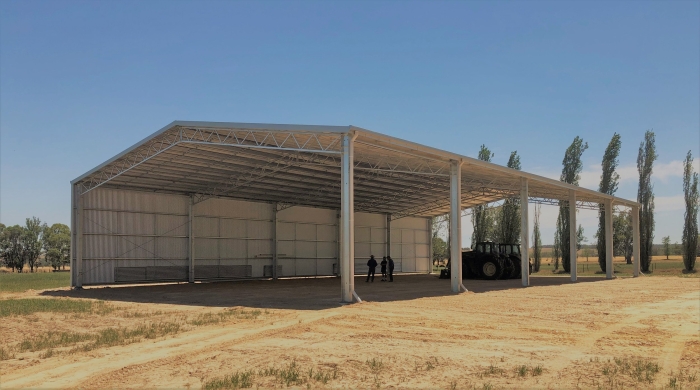The Role of Technology in Modern Farming: Innovations Reshaping Agriculture
Agriculture, an industry as old as civilisation itself, is undergoing a radical transformation, thanks to the integration of advanced technologies. In this digital era, the farming sector is witnessing a renaissance driven by innovations such as drones, robotics, and artificial intelligence (AI). These technological advancements are not only increasing efficiency and yields, but are also paving the way for a sustainable future in farming.
Drones Take to the Skies
Drones have found a new lease on life in agriculture – these unmanned aerial vehicles are revolutionising the way farmers monitor crops and manage their fields. Equipped with high-resolution cameras and sensors, drones can survey vast expanses of farmland from above, providing farmers with critical data on crop health, irrigation needs, and pest infestations. This aerial perspective offers a level of precision that was unimaginable a few decades ago (or even just a few years ago), allowing for timely interventions that conserve resources and optimise crop yields.
Robotics: The Hands in the Field
The introduction of robotics in farming has been a game-changer – these machines perform a variety of tasks that were traditionally labour-intensive and time-consuming. From robotic milking systems to autonomous tractors, these innovations are enhancing productivity by automating routine tasks such as planting, weeding, and harvesting. For instance, robotic harvesters can operate around the clock, picking fruits and vegetables at peak ripeness, thus improving both the quantity and quality of the produce.
Moreover, robotics in agriculture is addressing one of the industry’s most pressing issues: labour shortages. By automating tasks, farms can maintain high productivity levels despite fluctuations in the availability of human workers. This not only helps stabilise operations but also reduces the physical strain on farmworkers, leading to a healthier workforce.
AI: The Brain Behind Precision Farming
Artificial intelligence is arguably the most impactful of all modern farming technologies. AI systems analyse data collected from various sources, including drones, sensors, and satellites, to make informed decisions about crop management. These systems can predict weather patterns, assess soil health, and even recommend precise amounts of fertilisers and pesticides needed, minimising environmental impact.
AI’s role extends beyond data analysis; it is also instrumental in automating complex decision-making processes on the farm. For example, AI-driven platforms can determine the optimal planting schedules and crop rotations that maximise soil use and increase yields. This level of management is vital in ensuring food security for an ever-growing global population.
Bolstered Sturdiness in Storage for These Revolutionary Technologies
In addition to these high-tech solutions, the infrastructure used in farming has also evolved. Modern farms rely on robust structures to house machinery, store harvests, and process produce – The Big Steel sheds are a prime example of such advancements. These sheds are designed to withstand the harsh conditions often encountered in rural environments, providing a durable, secure solution for modern agricultural needs. Whether it’s storing high-tech equipment or processing crops, these sheds are indispensable for today’s farmers.

With continued innovation and investment, the future of farming looks promising, ready to meet the world’s needs with new vigour and intelligence. By embracing these technologies, farmers are not only reaping better crops, but are also sowing the seeds for a sustainable future. As we continue to innovate, the relationship between technology and agriculture will undoubtedly grow deeper, unlocking potentials we have only begun to explore.





































